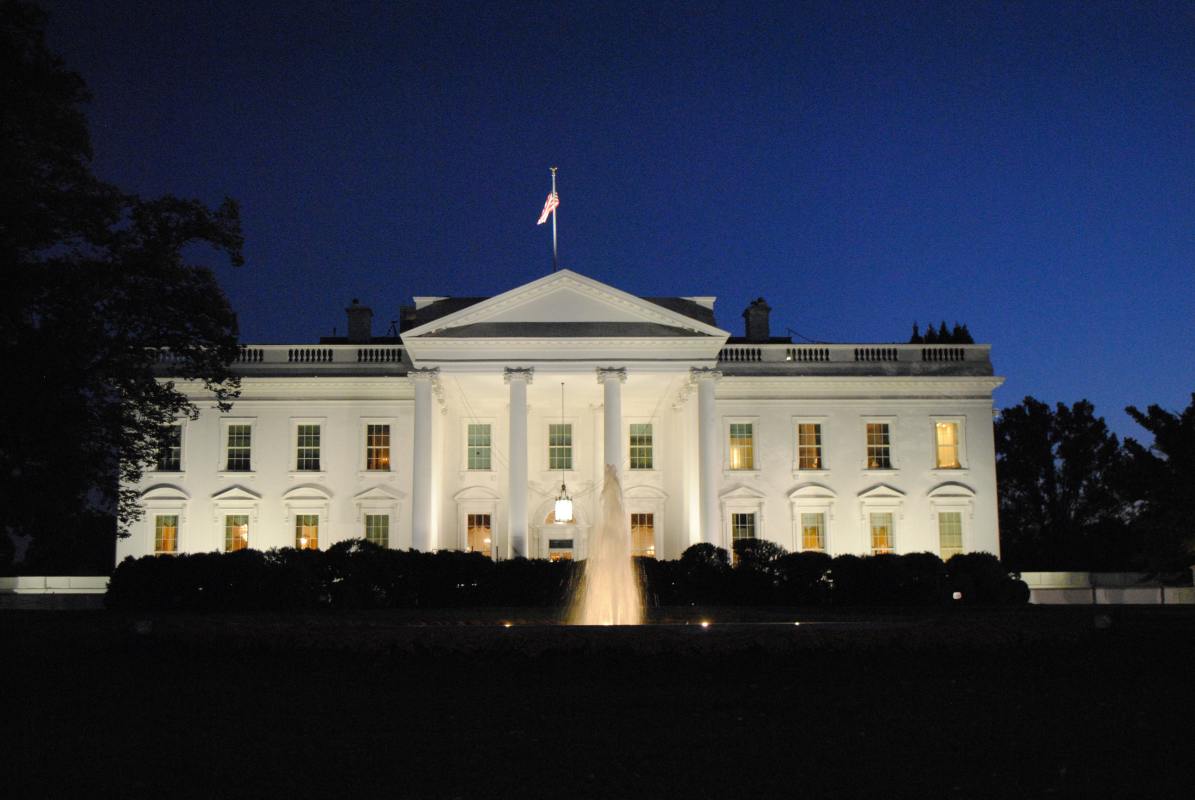President Joe Biden Will Veto Legislation Allowing Financial Firms to Custody Bitcoin: White House
This announcement comes amidst debates and discussions in Congress today regarding the regulation and oversight of digital assets.

The Executive Office of US President Joe Biden has announced its stance on proposed legislation, H.J. Res. 109, that would allow highly regulated financial firms to act as custodians for Bitcoin and other cryptocurrencies.
JUST IN: ???????? US President Joe Biden Administration says Biden would veto legislation that would allow highly regulated financial firms to custody #Bitcoin and crypto. pic.twitter.com/aXx8aq1m0Z— Bitcoin Magazine (@BitcoinMagazine) May 8, 2024
"The Administration strongly opposes passage of H.J. Res. 109, which would disrupt the Securities and Exchange Commission’s (SEC) work to protect investors in crypto-asset markets and to safeguard the broader financial system," The Executive Office of The President stated. "If the President were presented with H.J. Res. 109, he would veto it."
H.J.Res. 109 would overturn the SEC’s Staff Accounting Bulletin (SAB) No. 121, which imposes restrictions on financial institutions regarding the custody of digital assets, under the Congressional Review Act (CRA). By overturning SAB 121, this bipartisan resolution would remove roadblocks that prevent highly regulated financial institutions and firms from acting as custodians for Bitcoin and digital assets.
US Congressman Patrick McHenry, Chairman of the House Financial Services Committee, expressed support for overturning the SEC's SAB 121, stating, “Staff Accounting Bulletin, or SAB, 121 is one of the most glaring examples of the regulatory overreach that has defined Gary Gensler’s tenure at the SEC. Through SAB 121, the Commission is trying to dictate how financial institutions and firms safeguard Americans’ digital assets under the guise of so-called staff guidance.”
#WATCH: Chairman @PatrickMcHenry delivers remarks in support of H.J.Res. 109 to nullify SAB 121:
"This bipartisan resolution is an essential effort to protect consumers and foster innovation in digital asset markets."
Read more ????https://t.co/jnIBJFHIPj
???? Watch ???? pic.twitter.com/fOxOh8DtWH— Financial Services GOP (@FinancialCmte) May 8, 2024
“SAB 121 requires financial institutions and firms that are safeguarding their customers’ digital assets to hold those assets on their balance sheet," McHenry continued. “That means banks would be required to take on significant capital, liquidity, and other costs under the existing prudential regulatory framework. This essentially makes it cost prohibitive for financial institutions to custody their customers’ digital assets. This is a massive deviation from how highly regulated banks are traditionally required to treat the assets they hold on behalf of their customers.”
US Congressman French Hill also spoke out in support for H.J. Res. 109, saying that "Holding reserves against the assets held in custody is NOT standard financial services practice. The Biden Admin's SAB 121 is misguided and should be nullified."
Holding reserves against the assets held in custody is NOT standard financial services practice.
The Biden Admin's SAB 121 is misguided and should be nullified. I thank @USRepMikeFlood for his excellent work in leading a CRA resolution to roll back the SEC's failure in their… pic.twitter.com/jwaTYWxhXs— French Hill (@RepFrenchHill) May 8, 2024
"Discouraged that President Biden issued a Statement of Administration Policy saying he would veto H.J. Res 109, the Joint Resolution to nullify the SEC's Staff Accounting Bulletin (SAB) 121," said Cody Carbone, Chief Policy Officer at The Chamber of Digital Commerce, an American advocacy group that promotes the Bitcoin industry in DC. "SAB 121 effectively prohibits trusted custodians from being able to manage digital assets."
Earlier this year, Congressmen Mike Flood and Wiley Nickel co-authored a bipartisan op-ed on the SEC's "flawed SAB 121 guidance," stating that "When it comes to digital asset custody, it's clear our most regulated institutions need to be at the table," expressing concern about the lack of custodian options for spot Bitcoin ETFs, which could lead to concentration risks.
What's Your Reaction?





















































